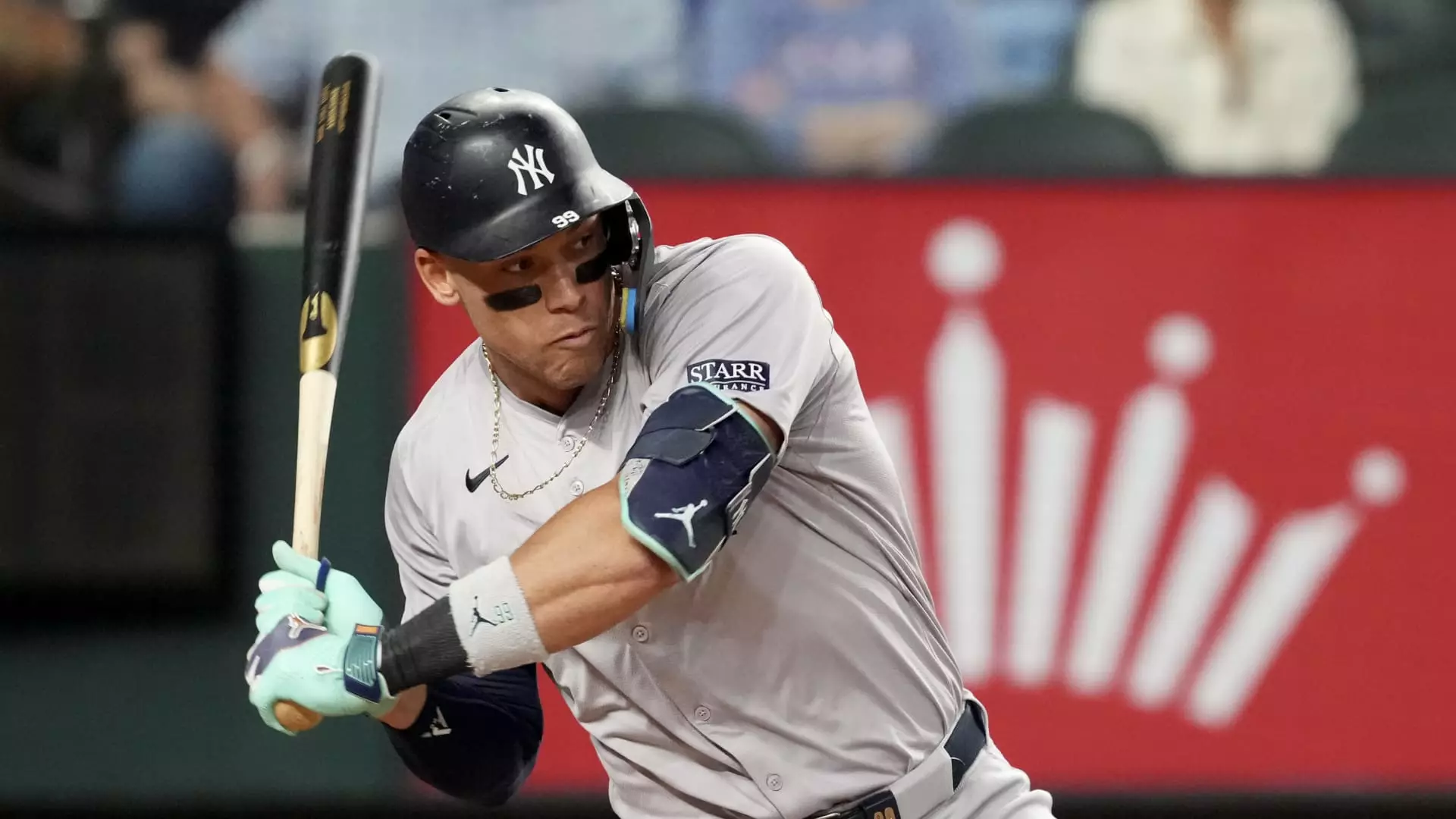Major League Baseball is undergoing a significant transformation in its approach to the game, according to MLB Commissioner Rob Manfred. In a recent panel discussion, Manfred highlighted the league’s shift towards a more national strategy, aiming to expand its reach beyond its traditional regional focus. With 2,430 games to offer, Manfred emphasized the importance of broadening the audience and creating a more national appeal for the sport. This strategic shift reflects a broader effort to elevate the profile of MLB and attract a wider fan base.
The MLB’s transition to a national sport is not without its challenges, particularly in light of the recent bankruptcy restructuring of Diamond Sports, a prominent owner of regional sports networks. Some teams have opted to sever ties with regional networks and instead turn to MLB for game production and broadcasting. This shift signifies a changing landscape for sports broadcasting and underscores the need for the MLB to adapt to evolving market dynamics.
While discussing the talent pool within MLB, former players CC Sabathia and Albert Pujols highlighted the need for the league to cultivate star power, particularly among starting pitchers. Sabathia emphasized the importance of showcasing star pitchers to elevate the game’s overall appeal. With names like Aaron Judge, Shohei Ohtani, and Juan Soto already making waves, there is a growing recognition of the significance of promoting star pitchers to enhance the league’s star power.
As baseball continues to evolve, the MLB faces the challenge of adapting to shifting trends in pitching and gameplay. The reduction in the number of innings pitched by starters has altered the dynamic of the game, leading to fewer complete games and elite pitching matchups. In response, the league has implemented rule changes aimed at preserving the integrity of the game and maintaining fan engagement. Reports of a potential minimum inning requirement for starting pitchers signal a proactive approach to address these evolving trends and uphold the competitive spirit of baseball.
In recent years, Major League Baseball has introduced a series of rule changes designed to enhance the on-field product and cater to a broader audience. Measures such as limiting pickoffs, introducing larger bases, and minimizing defensive shifts have contributed to a more dynamic and fast-paced style of play. Additionally, the MLB’s recognition of statistics from the Negro Leagues signifies a commitment to diversity and inclusivity within the sport. By celebrating its rich history and embracing innovation, the league aims to attract a more diverse demographic of players and fans.
Overall, Major League Baseball is embarking on a new chapter characterized by strategic evolution, heightened focus on star power, adaptation to changing trends, and a commitment to inclusivity. As the league continues to navigate a shifting sports landscape, its ability to innovate and embrace diversity will be crucial in shaping the future of America’s pastime.

Leave a Reply